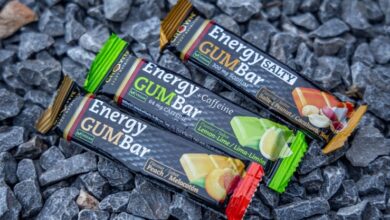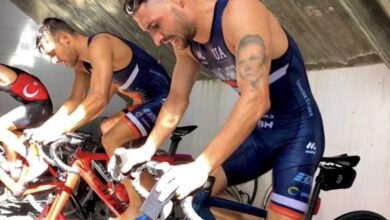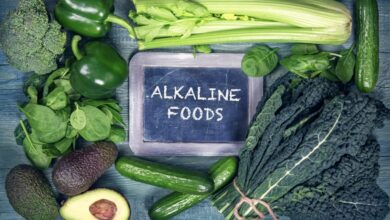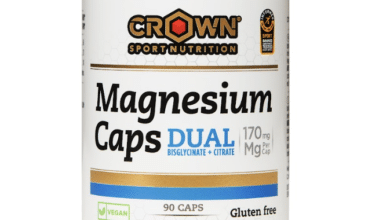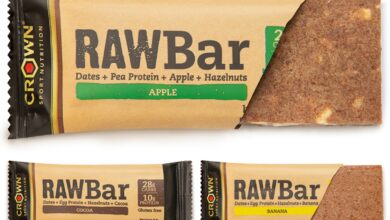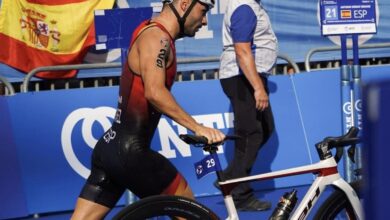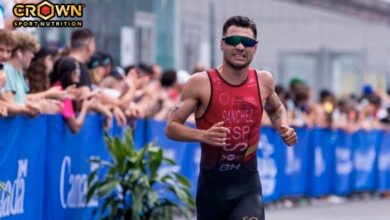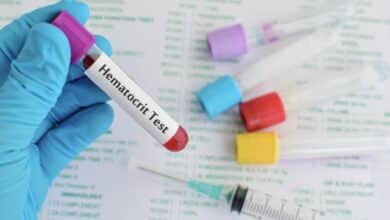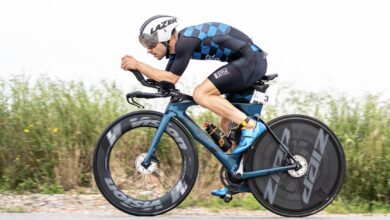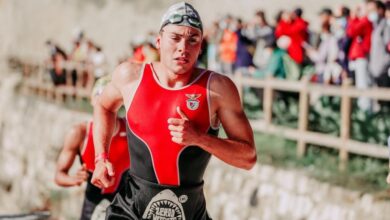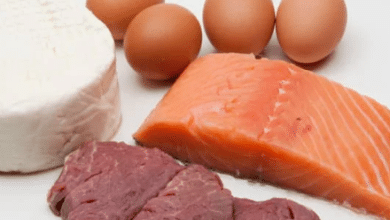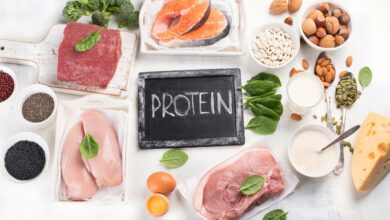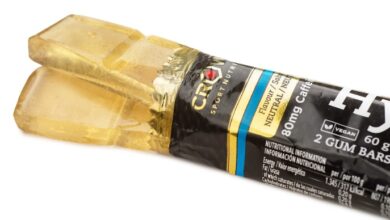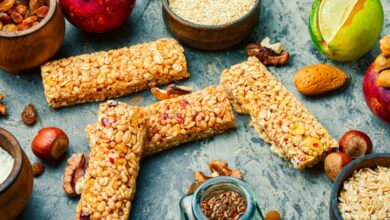Maintain a light and thin physique without compromising overall health or performance
Maintaining a light and very lean physique, with very low body fat levels, are goals that many of you pursue. Perhaps, you worry excessively about body composition instead of thinking about health and long-term performance, and you do not realize that to obtain favorable results, a commitment to food and nutritional balance.
I have observed that it is usually recurrent to go to deliberate strategic calorie restriction to be able to cut weight, as well as resorting to wrong strategies, perform high intensity morning workouts of a few 3 or 4 hours, fasting, have breakfast and train sessions of 5 and 7 hours and not eat any carbohydrates after exercise until the next day, ingest supposed substances burns fats, skip meals, etc.
In order to lose body mass, reduce fat mass, it must be carried out through a long / medium term program that generates a daily energy deficit. This result can be achieved by different methods, and it is highly recommended to consult a sports nutritionist to help you develop a tailor-made plan and thus achieve your goals.
Each person is different and each nutritional guideline must be adapted to each one, therefore it is important to experiment to adjust the diet to the best result. Each triathlete must discover what to eat to increase their performance and apply it in hard workouts and competitions and what helps them to reduce weight and apply it in light or recovery workouts.
Thus, there are different actions and recommendations that make up a successful fat or weight loss program:
1.- Generate a daily energy deficit and sustained over time (eat fewer calories than those that are spent). A daily deficit of 500 kcal leads to a weekly decrease of about -500g of fat, a deficit of 1000 kcal leads to a weekly weight loss of a 1kg of fat. Special care must be taken to cover the minimum needs energy to preserve the possible loss of muscle mass.
2.- Make an intake of adequate energy (Carbohydrates) to be able to successfully complete training and promote recovery between sessions. In this case you should take into account not over compensate carbohydrate intake, as you may not lose any weight or even gain.
.- Minimum intake of Carbon Hydrates soft training 3-5g / kg Body Weight
- Minimum HC intake moderate training 5g / kg BW.
.-HC minimum intake heavy training 7g / kg PC.
.-intake for maximum glycogen storage 10-12g / kg PC.
3.- To cover the plastic and regulatory needs with aAdequate intake of proteins, vitamins, minerals and other important chemical products that we find in food, to promote body function and increase performance and thus caloric expenditure. A protein intake is recommended during heavy training and competition of 1,4-1,6g / kg BW. In long-term energy deficit diets, the use of multivitamin and mineral supplements is recommended.
Many elite triathletes are endowed with genetics that make it easy for them to achieve a slim physique and have the ability to reduce body fat to even lower levels, during certain periods, without suffering excessively, but not all of you are like that and it is important to achieve a fat reduction through seasons of high-quality training and smart eating.
Sandra Sardina
Diploma in Dietetics and Human Nutrition.
If you have any questions about nutrition you can send us an email contacting us through our form and Sandra Sardina will answer for you.
There are no previous results.







